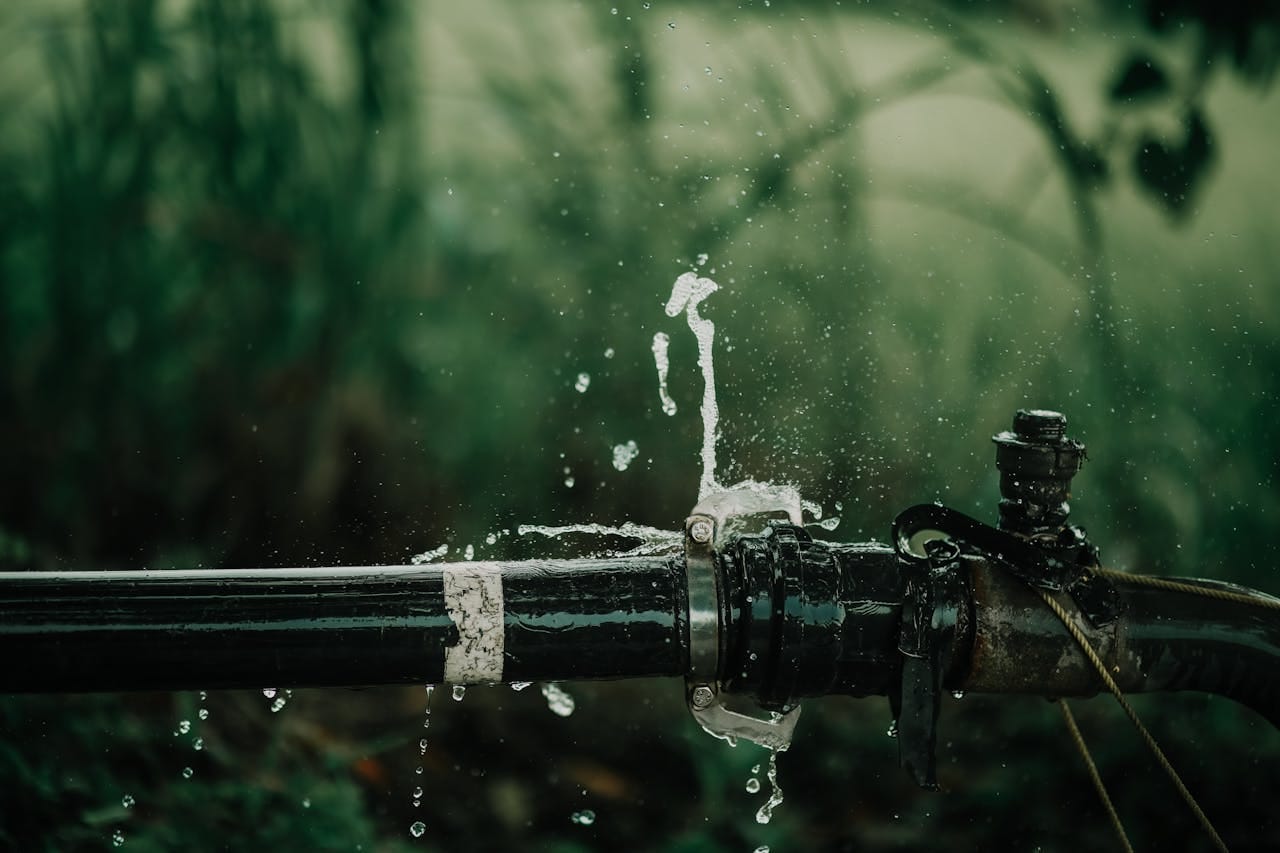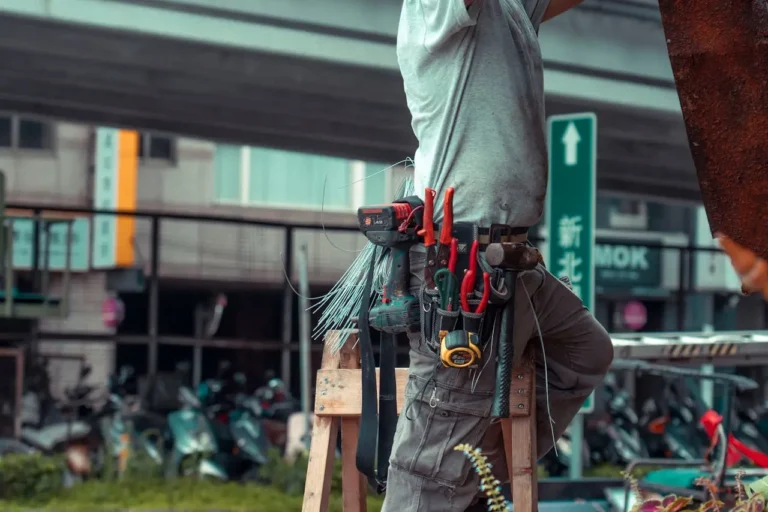Email: info@encanovan.com | Phone: (604) 764-2031
5 Common Plumbing Emergencies and How to Handle Them Before Help Arrives
Plumbing emergencies can strike at the most inconvenient times, causing stress and potential damage to your property. Knowing how to act swiftly before professional help arrives can save you money and minimize damage. Here are five common plumbing emergencies and steps to handle them.

1. Burst Pipes
What Happens:
Burst pipes can flood your home quickly, leading to water damage and potential structural issues. This often occurs in colder weather when pipes freeze and expand.
What to Do:
- Turn Off the Main Water Supply: Locate your home’s water shut-off valve and turn it off immediately.
- Drain the System: Open all faucets to drain remaining water and relieve pressure in the pipes.
- Contain the Water: Use buckets, towels, or tarps to manage leaking water and prevent further damage.
- Call a Professional: A plumber can assess the damage and repair or replace the burst pipe.
2. Clogged Drains
What Happens:
Severely clogged drains can cause water to back up, leading to slow drainage or even flooding in sinks, bathtubs, and toilets.
What to Do:
- Avoid Chemical Drain Cleaners: These can damage your pipes and worsen the problem.
- Try a Plunger: For partial clogs, a plunger can create enough suction to dislodge the blockage.
- Use a Drain Snake: If you have one, gently maneuver it to clear the clog.
- Call a Plumber: Persistent clogs often require professional drain cleaning services.
3. Leaking Water Heater
What Happens:
A leaking water heater can cause water to pool around the unit, potentially damaging nearby floors and walls.
What to Do:
- Turn Off the Power Supply: For electric heaters, shut off the breaker; for gas heaters, turn the gas valve to the “off” position.
- Shut Off the Water Supply: Locate the cold water valve on the heater and turn it off.
- Drain the Tank: Use a hose to drain water from the heater to prevent further leakage.
- Call a Professional: A plumber can determine if the heater needs repair or replacement.
4. Overflowing Toilets
What Happens:
An overflowing toilet can quickly cause water to spill onto your bathroom floor, creating an unsanitary mess.
What to Do:
- Stop the Water Flow: Remove the tank lid and push the flapper down or lift the float to stop the tank from refilling.
- Use a Plunger: Attempt to clear the blockage causing the overflow.
- Turn Off the Water Supply: If plunging doesn’t work, shut off the water valve behind the toilet.
- Call a Plumber: Persistent issues may indicate a deeper blockage in your plumbing system.
5. Sewer Backup
What Happens:
A sewer backup is a serious issue that can result in unpleasant odors, standing water, and health hazards.
What to Do:
- Avoid Using Plumbing Fixtures: Stop using sinks, toilets, and drains until the issue is resolved.
- Turn Off the Water Supply: Prevent further backup by shutting off your main water valve.
- Contain the Area: Keep pets and children away from the affected area.
- Call a Professional: A plumber will use advanced tools like video inspections to locate and fix the blockage.
Final Tips for Any Plumbing Emergency
- Keep Emergency Contacts Handy: Always have your plumber’s contact information ready.
- Regular Maintenance: Schedule routine inspections to prevent emergencies.
- Know Your Plumbing System: Familiarize yourself with your home’s shut-off valves and plumbing layout.
Dealing with plumbing emergencies can be overwhelming, but quick actions can significantly reduce damage. Encano Plumbing and Drainage Ltd. offers 24/7 emergency services in Richmond, BC, ensuring that expert help is just a call away. Contact us today for reliable and professional solutions to all your plumbing needs!

